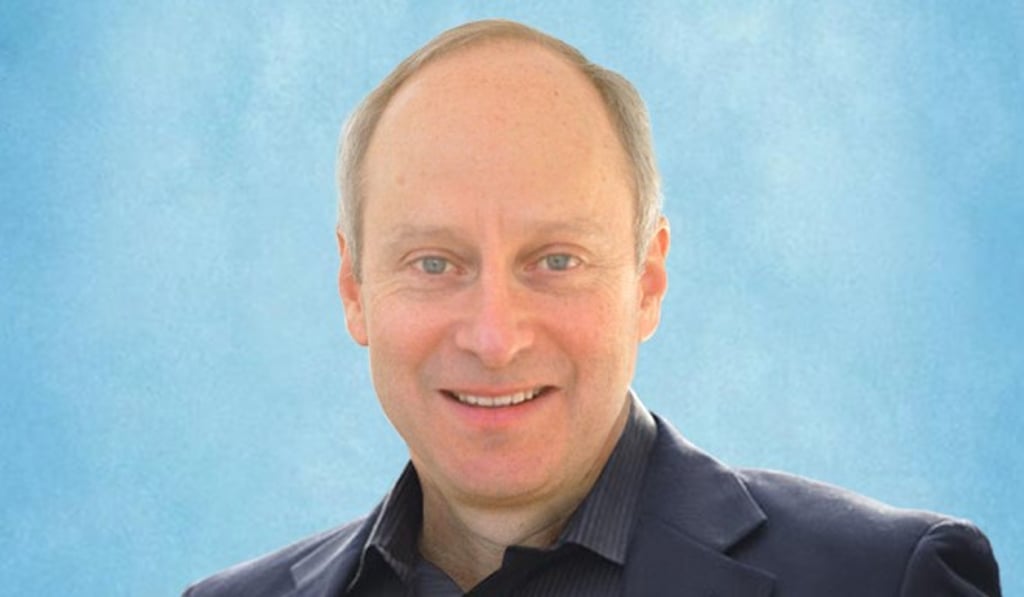Creating Social Values through Market

[Sponsored Article]
Global urbanisation is creating new opportunities for cities —and serious challenges as well. Seeking winning solutions to help build better cities, The Hong Kong Jockey Club Charities Trust is convening the Philanthropy for Better Cities Forum 2018. The Forum will provide a public platform to address pressing metropolitan social issues. One of the hottest topics to be discussed in the Forum is: How can philanthropists make use of the market to create social value?
Building on the foundation laid down by the successful 2016 inaugural Forum—this year's Forum will continue to challenge the audience for the best possible ideas for creating a better urban environment for all of us. Five thematic topics will be discussed at the Forum, namely: Leveraging the Market, Sustainable Development, Maximising Impact, Youth and Creativity, plus Health and Well-being.
Harvard philosopher Michael Sandel talks about the power of Philanthropy
While the global philanthropic scene is increasingly looking to the private sector and applying the principles of creating commercial value at scale to creating social value, the Keynote Address by Professor Michael J. Sandel, Harvard’s “Rock Star” philosopher, points to the opposite direction. And he invites the audience to think outside the box.

The best-selling political philosopher proposes that we should not let the market economy dominate our lives, in particular in social and civic aspects. In his Keynote Address The Ethics of Market-based Social Impact Work: What are the limits of markets to deliver social good? The scholar will use his popular Socratic debate method to lead a discussion on what products/services should not be provided through markets, irrespective of the efficiency savings doing this might bring.
Professor Sandel will also explore the ethics of philanthropy and introduce decision-making systems we can use in our daily lives to shape our behaviour around our moral convictions. His sharing will probably be a reflective advice for philanthropists who wish to create bigger social impact.
Transforming Corporate Social Responsibility (CSR)
The Forum also focuses on the practical aspects of philanthropy. For many business enterprises, Corporate Social Responsibility (CSR) is probably the standard answer. Indeed, CSR is a channel for business to respond to the needs of the wider society. For example, airlines offset their massive carbon emission by planting trees; beauty brands offer to reuse consumers’ empty plastic bottles; or companies will simply donate part of their profit to a charity.
Yes, there are brands which launch CSR irrespective of their business objectives. And there are also brands spending large sums on CSR: racing each other to claim they provide greater support for various environmental or social causes.
Some businesses, however, have gone beyond the conventional CSR rules and incorporated not only to serve Society’s needs, but also working to meet their organisation’s own strategic objectives, business capabilities and employees’ passions into its programme. These game-changers have successfully turned CSR from a Good Samaritan act or even a mere obligation, into a pro-active win-win situation. In other words, while “doing good” for society at large, they have simultaneously “done well” for their own business.
In the session Philanthropic Impacts through Business: How can firms go beyond corporate social responsibility? CSR veterans Marjorie Yang, Chairman of Esquel Group; Roopa Purushothaman, chief economist and head of policy advocacy of India-based charity holding company Tata Sons; Christine Bader, former Director of Social Responsibility at Amazon and Stephen Wong, Deputy Executive Director and Head of Public Policy Institute of Our Hong Kong Foundation —will all give their views on various CSR models. And they will reflect on the common pitfalls they faced as they experimented with various new systems, and share insights on the strategic imperatives they identified along the way.
Technology and philanthropy
Philanthropy is facing a fundamental change. Traditional dependence on donors is being replaced by a drive for financial independence and a market-based approach. International philanthropists are looking for new innovations to carry out longer term social investments, instead of one-off or short-term aid. With the booming technology market, will their business strategies or latest non-profit startups be a good source of reference for the philanthropy sector?
Erica Kochi, co-founder of UNICEF Innovation Lab will lead the session Technology’s Impact on Philanthropy: What can non-profit organisations learn from the technology sector? Kochi will also discuss the matter with Stephen Ciesinski, President of SRI International, and Ami Dror, founder and CEO of Ed-tech company LeapLearner, as well as Hong Kong’s own Nicholas Yang, HKSAR Secretary for Innovation and Technology.
These experts will look at the vibrant technology industry to see if the social sector can take any lessons or learn new information from the industry.
Some 60 distinguished speakers, including Nobel Laureate Economist Professor James J. Heckman from the University of Chicago, Nobel Peace Prize Laureate Professor Muhammad Yunus, as well as other renowned academia, government officials, enablers and influencers, will also speak at the 2018 Forum.
Being the first discussion of its kind in Asia to focus on metropolitan social issues, the Forum will take place on September 20-21 at The Hong Kong Convention and Exhibition Centre. It will offer philanthropists, social entrepreneurs, policy-makers, academia and NGOs from around the world a platform to exchange views, and assist cross-sector collaboration and cultivate long-term partnerships and engagement.
This is undoubtedly a must-not-miss opportunity to meet over 1,000 international delegates from the philanthropy sector to exchange views on the most urgent social needs of 21st century cities.
Philanthropy for Better Cities Forum